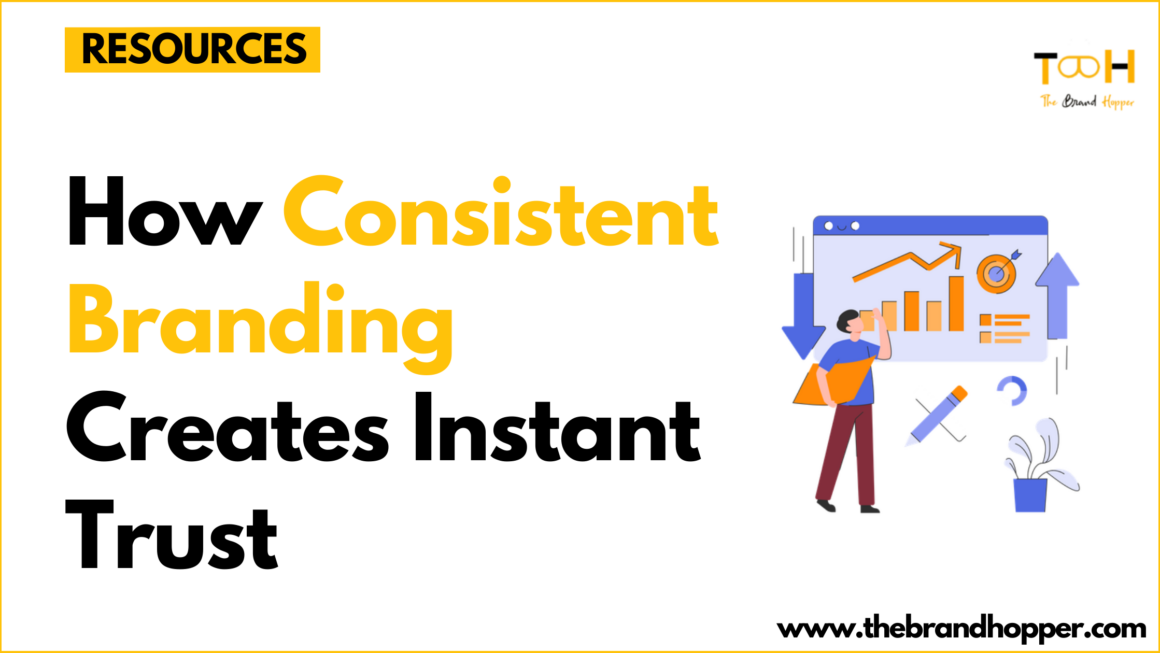Navigating the twists and turns of your career journey can sometimes feel overwhelming. Aptitude tests can be a valuable tool in this process, offering detailed insights into your natural abilities and preferences. By understanding your unique skills, you can make informed decisions that align with your career goals.
These tests are more than just exams; they’re a compass guiding you toward potential opportunities you might not have considered. With clear results, they illuminate the areas where you naturally excel, helping to pinpoint roles and industries that are a good match.
Engaging with aptitude tests requires a proactive mindset and a willingness to explore all possibilities. It’s an opportunity to identify areas for growth and development, arming you with the knowledge to reach your full potential.
Trusting these insights helps you take strategic steps on your career path, whether you’re just starting or seeking a change.
Discovering Your Aptitudes
Unearthing what you’re naturally good at is crucial to help you find the right career. Aptitude tests can illuminate your strengths, guiding your professional journey with precision and insight.
Understanding Aptitude Tests
Aptitude tests evaluate your ability to perform tasks and solve problems. They’re designed to identify your inherent capabilities in areas like numerical reasoning, verbal skills, and abstract thinking.
By focusing on these core areas, the tests offer a snapshot of where your natural talents lie. This information helps tailor your career path to maximize your potential and enjoyment.
These tests aren’t one-size-fits-all. Rather, they examine specific skill sets, allowing for a nuanced view of your personal strengths and weaknesses. Note that these assessments are just one part of understanding yourself professionally, offering valuable insights to aid career growth.
Types of Aptitude Tests
There are various types of aptitude tests, each targeting different skill sets. Common examples include numerical reasoning tests, which measure your mathematical ability. Verbal reasoning tests assess comprehension and communication skills. Logical reasoning tests focus on problem-solving through patterns and sequences.
Additionally, specialized tests might examine skills in mechanical reasoning or spatial awareness. Selecting the right test depends on your career goals and the skills you wish to evaluate. Taking the right test might lead you to strategies to fully realize your career potential.
By understanding the different types, you can better align your career trajectory with your natural talents.
Self-Assessment Basics
Before diving into formal testing, a simple self-assessment can highlight your natural aptitudes. Reflect on tasks you enjoy and excel in. Consider feedback from peers or mentors about your strengths. These insights provide a foundation for understanding your abilities better.
Jot down skills you find rewarding and tasks you handle effortlessly. This exercise brings clarity to which areas might benefit from further development. While informal, these self-assessments can be surprisingly revealing, offering a personal perspective before formal testing. They set the stage for more structured evaluations, enhancing your career path with clearer direction.
Integrating Tests into Your Career Planning
Incorporating aptitude tests can be a game-changer in career planning. These tools help identify strengths, align career paths with goals, and open up opportunities that may not have been considered before.
1. Setting Career Goals
Establishing career goals is a critical first step. It involves identifying what you want to achieve in your professional life. Begin by reflecting on your personal interests, values, and skills. This helps in setting clear and realistic goals.
Create a list of short-term and long-term objectives. Short-term goals can act as stepping stones toward broader aspirations. Ensure these goals are specific and measurable to track progress effectively. This approach provides a framework for using aptitude tests to validate or refine your career trajectory.
2. Aligning Tests with Objectives
Aptitude tests should align with your career objectives to maximize their utility. Various tests offer insights into abilities, personality traits, and interests. Choose those that resonate with your targets. If your goal is to excel in management, select tests focused on leadership and decision-making skills.
Research test types and their purposes. Use test results to identify gaps in your skills or knowledge that need attention. This information enables you to focus on areas that require improvement, making your career planning more strategic.
3. Strategizing for Opportunities
Once you have aligned your objectives with tests, use the results to identify career opportunities. These tests can highlight unexpected skills or interests, opening up alternative career paths. You might discover a talent for a niche area or an emerging industry.
Compile a list of industries or roles that align with your strengths. Consider professional development opportunities that can enhance your qualifications. Networking and mentorship are valuable in exploring these new spaces. Be open to revising your career plan based on new insights from the tests.
Actionable Insights from Test Results
Navigating career options through aptitude testing can reveal strengths and areas for improvement. By understanding the test outcomes, you can transform these insights into a strategic plan for personal and professional growth.
1. Decoding Test Outcomes
Aptitude test results offer a snapshot of your skills, strengths, and weaknesses. Familiarize yourself with the scores and what they signify. Pay attention to the specific competencies measured, like logical reasoning, numerical ability, or verbal skills.
Understand the scoring scale employed in the test. Some assessments use percentiles, while others might use standardized scores. Knowing how you rank can help you gauge where you stand compared to others. Create a list of areas where you excel and where improvement is needed.
This information is valuable. It can direct your focus on enhancing particular skills or competencies required in your career field.
2. From Insights to Action
Acting on test insights involves setting realistic goals. Begin by identifying career paths that align with your strengths. For instance, if you excel in numerical reasoning, careers in finance or engineering might be suitable.
Create a plan with actionable steps to address weaker areas. This could be through targeted training or further education. Break goals into smaller tasks to make them manageable and track your progress. Consider seeking mentorship or coaching to guide you in your development journey.
Engagement in new projects can provide practical experience to bolster your skills. Stay proactive in applying what you’ve learned from your test results.
3. Continuous Learning and Development
Adopt a mindset of ongoing learning. This approach will keep your skills relevant and adaptable to industry changes. Enroll in workshops, online courses, or seminars to further knowledge in areas you’ve identified for improvement.
Stay informed about trends and updates in your field. This awareness can guide your learning focus and help you remain competitive. Joining professional networks or groups helps connect with others who share similar interests and challenges.
Reflect periodically on your growth and adjust your career strategy as needed. Continuous learning keeps you prepared for new opportunities and challenges in your career path.
Conclusion
Aptitude tests offer valuable insights that can guide your career journey, helping you align your strengths with roles that bring both satisfaction and success. By understanding your unique abilities, you can make informed decisions, pursue growth opportunities, and build a career path that’s purposeful and fulfilling.
Embracing these insights empowers you to navigate your career with confidence, continuously developing skills that keep you adaptable and ready for new opportunities.
To read more content like this, explore The Brand Hopper
Subscribe to our newsletter




